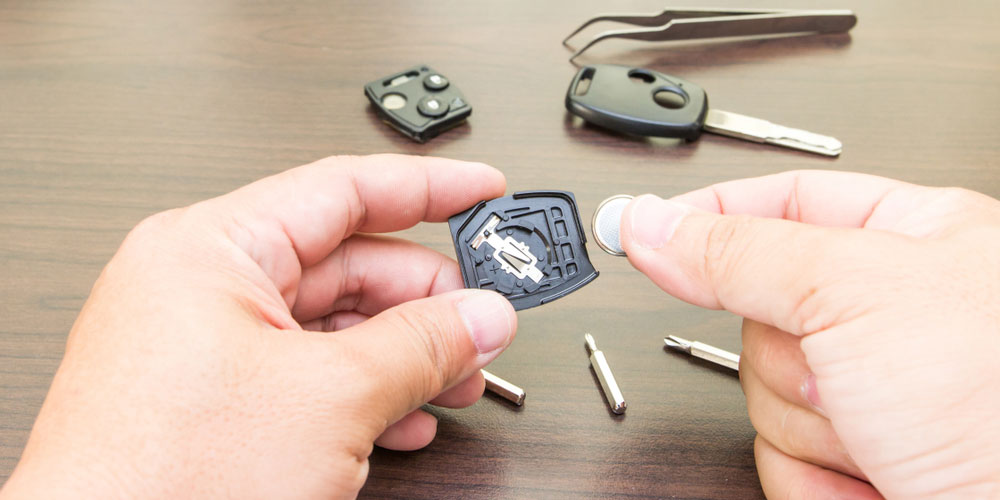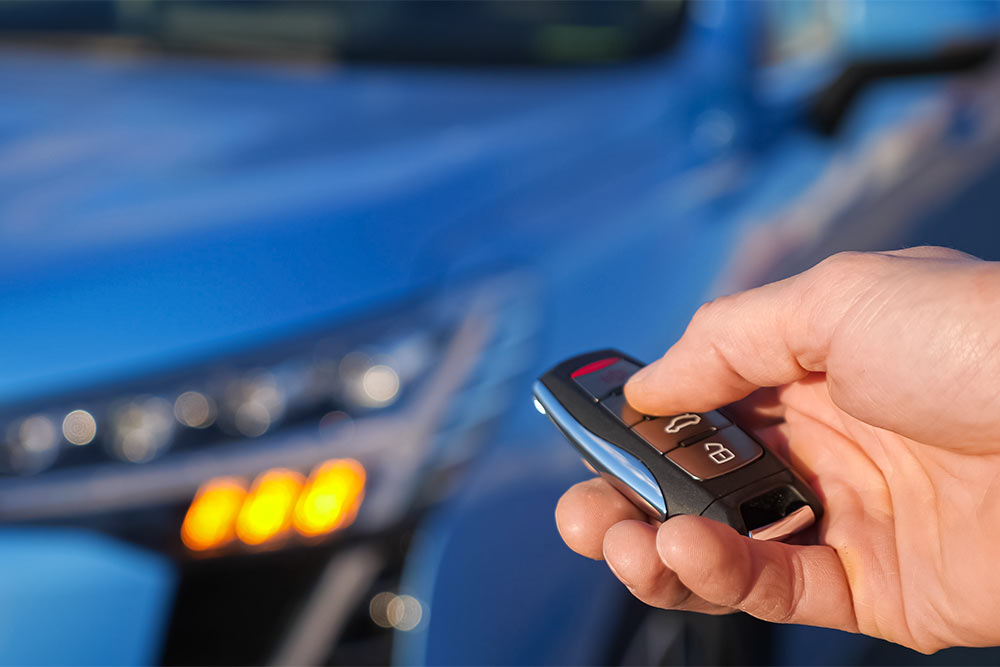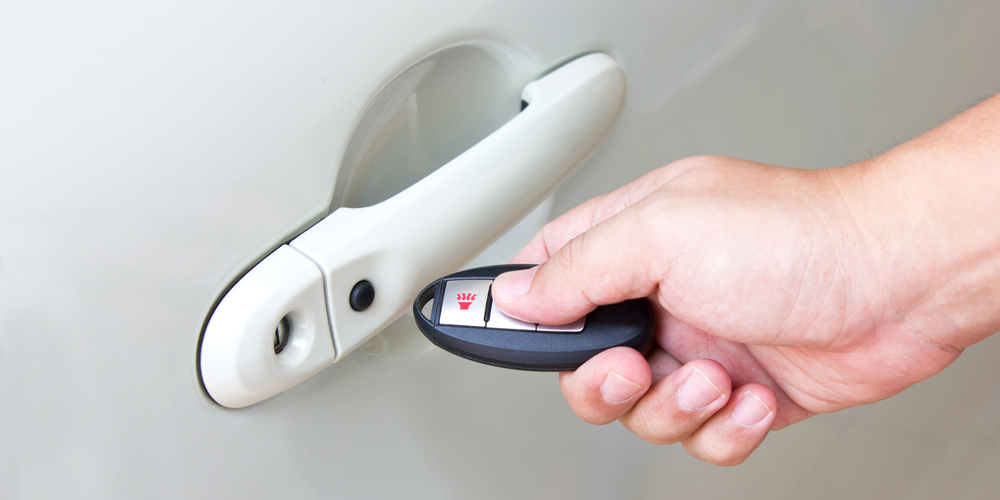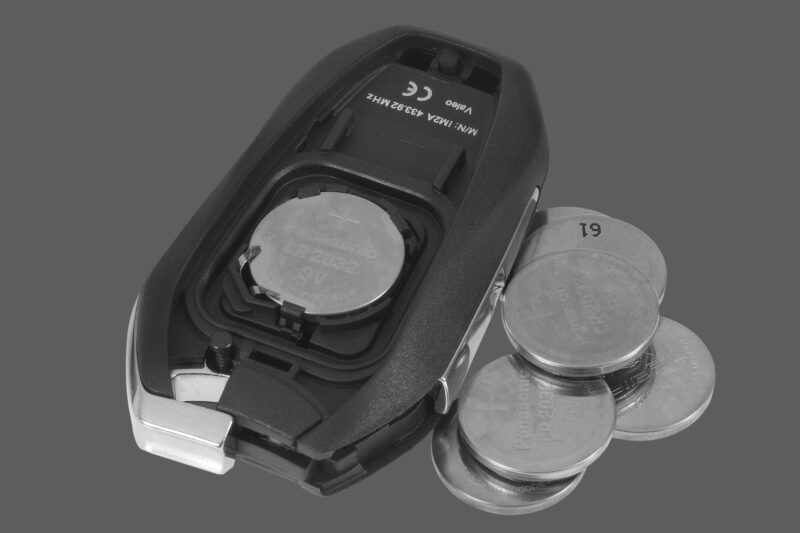Have you ever found yourself standing in a parking lot, frantically pressing the buttons on your car key fob, only to be met with nothing but silence? You’re not alone. A dead key fob battery can turn an ordinary day into an unexpected hassle, and understanding why this happens is key to avoiding future frustrations.
From temperature fluctuations that drain power to the everyday wear and tear that accompanies frequent use, various factors contribute to the demise of your fob’s battery.
In this article, we’ll not only explore the reasons behind your key fob’s untimely death but also provide straightforward solutions to breathe life back into your essential car accessory. Get ready to dive into the world of key fobs—from their inner workings to simple DIY fixes that can save you time and money.
Common Reasons Why Your Key Fob Battery Dies

There are several common reasons why your key fob battery might die unexpectedly, and understanding these can save you from being stranded. First and foremost, frequent use of the fob can lead to accelerated battery depletion; after all, every time you unlock your car or activate the alarm, you’re draining its power.
Additionally, environmental factors such as extreme temperatures—both scorching heat and frigid cold—can negatively impact battery life, causing it to weaken faster than usual. Over time, even the most reliable batteries can suffer from natural aging; they simply lose their ability to hold a charge.
Lastly, if your key fob is constantly exposed to moisture or dirt, it can lead to corrosion and poor connections, further accelerating the demise of its battery. So, if you find yourself wrestling with a non-responsive fob, these explanations might illuminate the issue.
Signs That Your Key Fob Battery Is Dying

As your car key fob battery begins to fade, you’ll likely notice several subtle yet telling signs that signal it may soon be time for a replacement. First, pay attention to how far away you can be from your vehicle; if you find yourself inching closer than usual to unlock the door,that’ss a red flag.
Perhaps the most noticeable indicator is the delay in response; does it take multiple clicks or a few extra seconds for your fob to react? You might even catch it behaving erratically—unlocking the trunk instead of the doors, for instance.
Additionally, if your dashboard is flashing a warning light or the fob intermittently fails to work altogether, these are unmistakable hints that the battery is on its last legs. Keep an eye out for these signs to avoid being caught off guard and stranded in the parking lot.
Checking and Diagnosing a Dead Key Fob Battery

When your car key fob suddenly refuses to respond, it often signals a dead battery, but diagnosing the issue requires a bit of detective work. First, check the basics: examine the fob for any visible signs of wear or damage, as cracks can lead to internal malfunctions.
Next, give the buttons a few firm presses to see if it might be a temporary glitch. If that doesn’t work, consider consulting your car’s manual for specific troubleshooting tips or the recommended battery type.
Meanwhile, if you have a spare fob, test it. If it operates flawlessly, you’ve likely found your culprit—now you can look at replacing the battery in your main fob. Remember, batteries don’t last forever; sometimes, giving your fob that needed change can feel like bringing it back to life.
Conclusion
In conclusion, a dead car key fob battery can be a frustrating inconvenience, but understanding the causes and solutions can help you regain access to your vehicle quickly and efficiently. Regular maintenance and timely battery replacements can prevent unexpected failures, ensuring your key fob functions smoothly.
If you find yourself in a situation where a simple battery changeisn’tt enough, it may be worth considering car key replacement options. By staying informed and proactive, you can keep your key fob in working order and avoid any disruptions to your daily routine.


